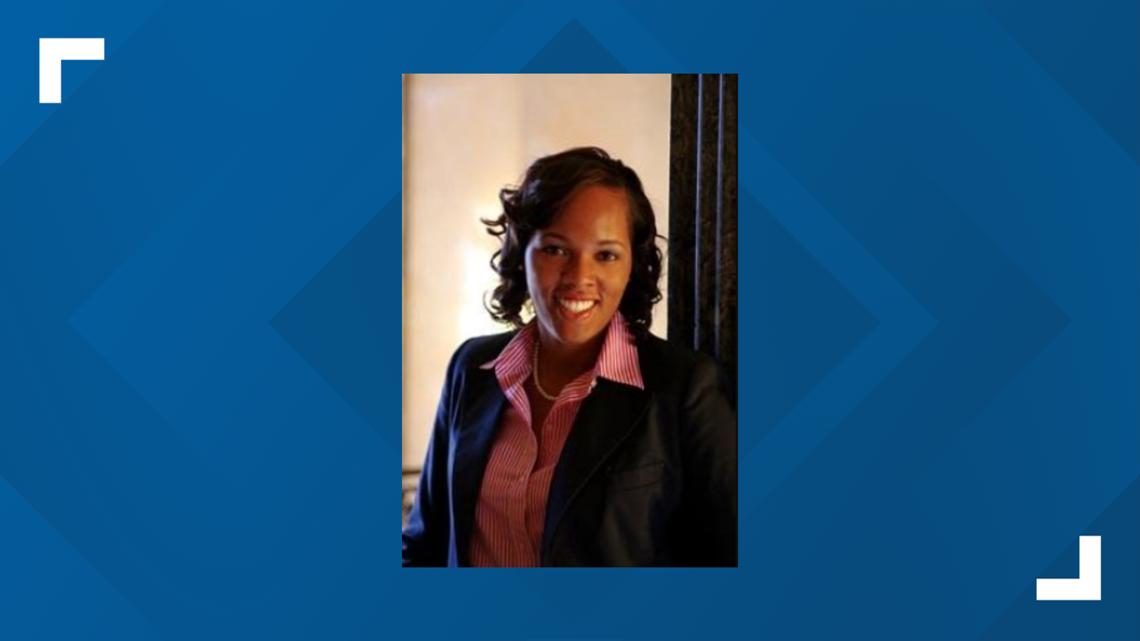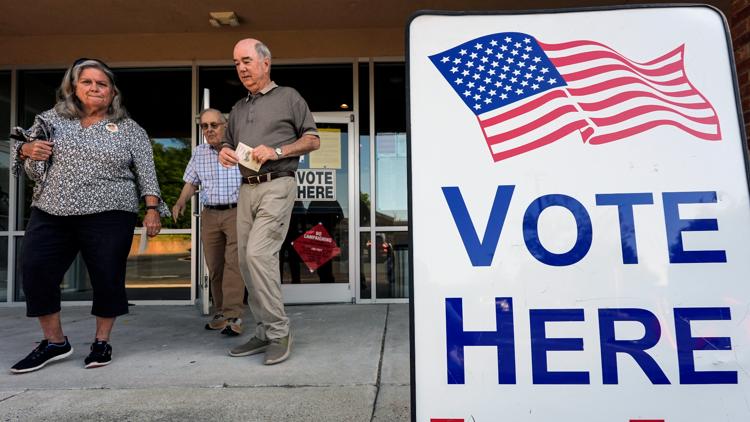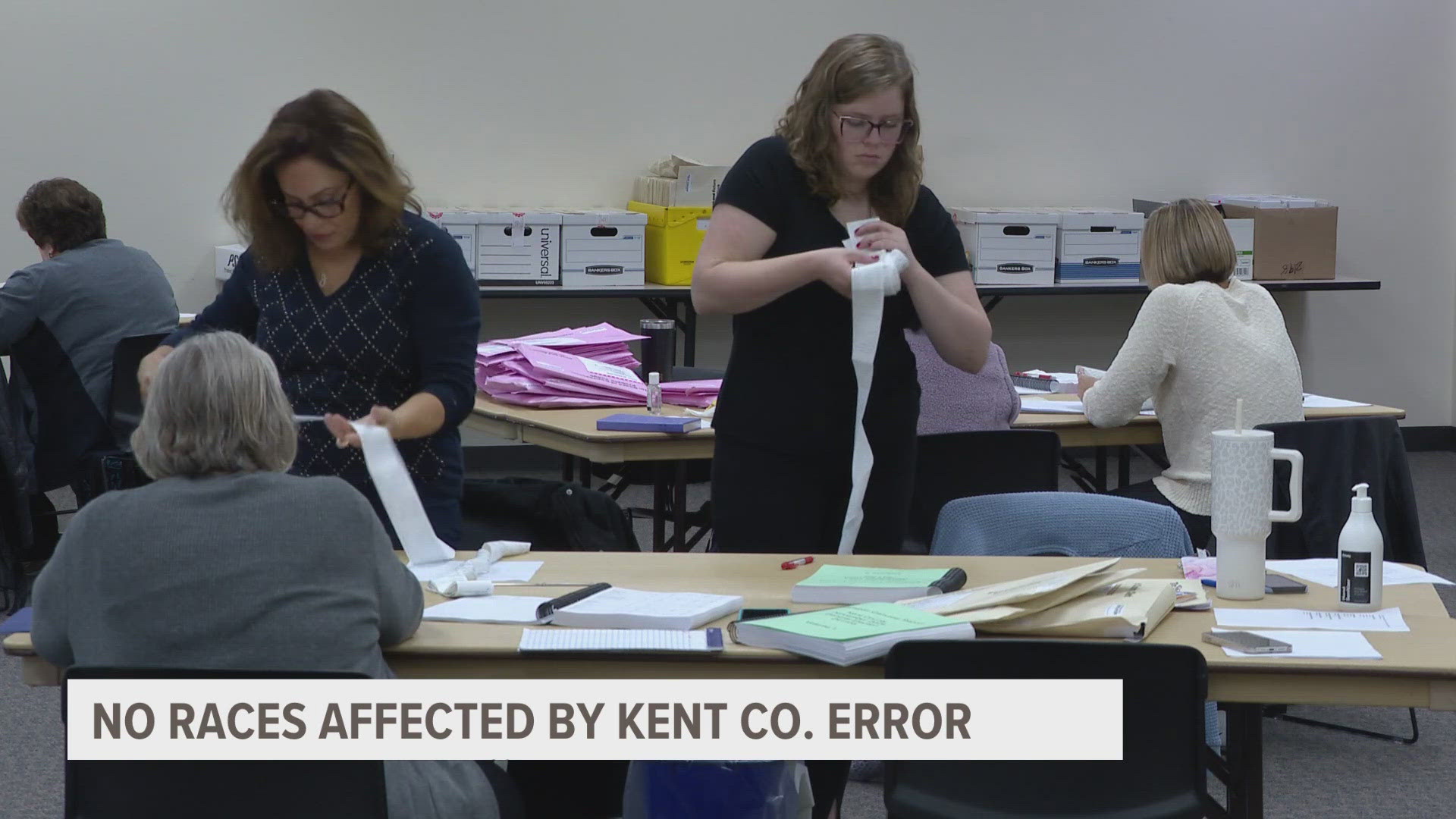GRAND RAPIDS, Mich. — Election Day is Tuesday, Nov. 5, and many are turning to polls and political pundits for results predictions and commentary.
Along with the presidential race, Michiganders will decide many key races for both federal and state governments. All 13 seats of Michigan's U.S. Congressional Representatives will be up for grabs in the election, along with one of Michigan's two U.S. Senate seats.
At the state level, all 110 of the seats in the Michigan House of Representatives are also up for grabs this election.
13 ON YOUR SIDE will have special live coverage from 7 p.m. to 11 p.m. on Election Day and from 7 a.m. to 9 a.m. on Wednesday.
13 ON YOUR SIDE will be speaking with experts at various times throughout our election coverage. You can learn more about them below.
Rheeda Walker
Rheeda Walker, Ph.D., is a psychology professor at Wayne State University. She is a licensed clinical psychologist who focuses on suicide science and African American adult mental health.
Walker's other areas of focus include cultural identity, race-related stress and discrimination, and second-generation young adults.
In the past, Walker has served as an expert on how elections can impact stress levels and mental health in a community.


Ronald Stevenson
Dr. Ronald Stevenson is a Senior Lecturer and Director of Debate at Wayne State University. He has experience both as a debater and as a coach.
At Wayne State, Stevenson teaches courses about how argument and rhetoric are used in politics. His areas of expertise are in political campaigns, legal argument and national security rhetoric.
He has both previewed and analyzed how debates have influenced voters during this election cycle.

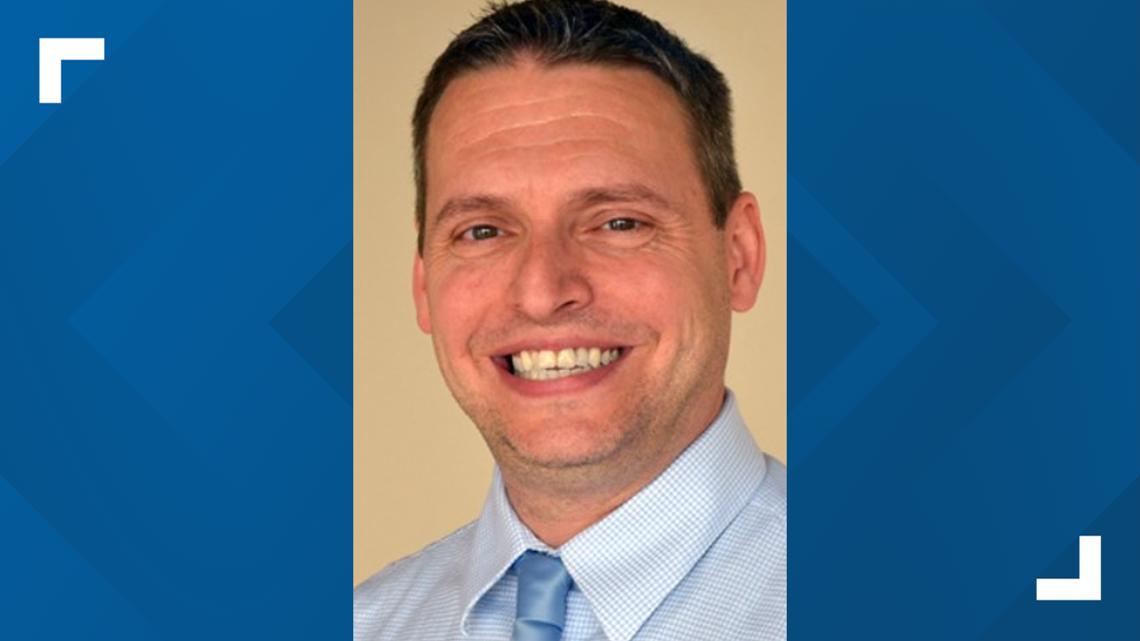
Arash Javanbakht
Arash Javanbakht, M.D., is the director of the Stress, Trauma, and Anxiety Research Clinic (STARC) at Psychiatry and Behavioral Neurosciences department at Wayne State University.
Javanbakht's main areas of focus are anxiety and trauma related disorders, and PTSD. He is the author of "AFRAID: Understanding the Purpose of Fear, and Harnessing the Power of Anxiety."

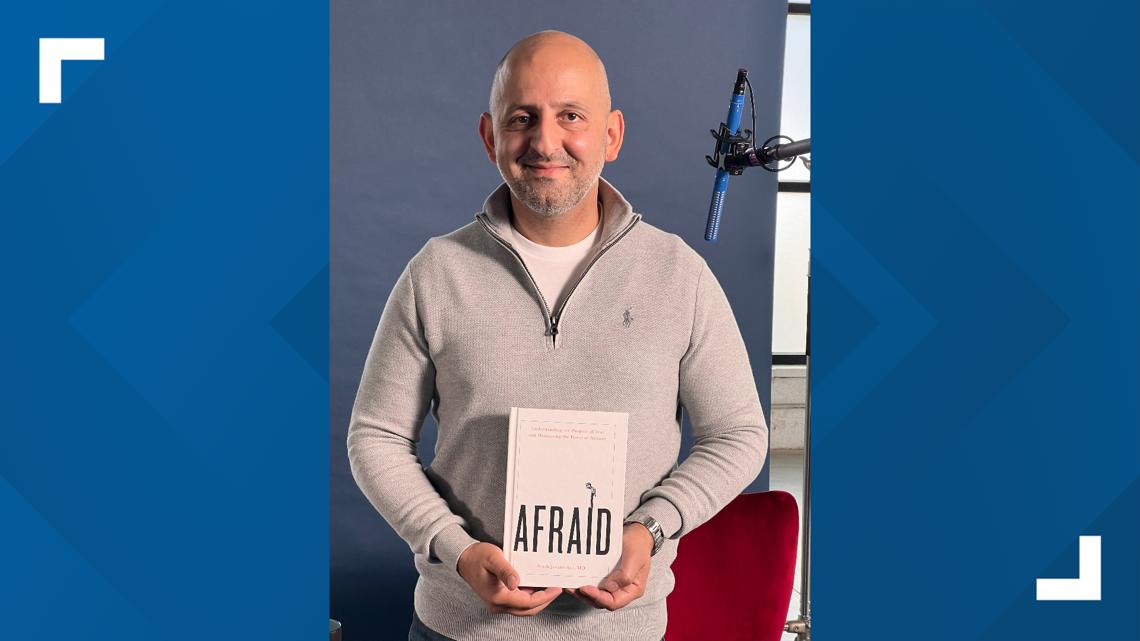
Marjorie Sarbaugh-Thompson
Marjorie Sarbaugh-Thompson, Ph.D., is a professor of political science at Wayne State University.
Her areas of expertise are state legislatures, Michigan politics, public policy and change in public organizations. For the past decade, Sarbaugh-Thompson partnered with four colleagues to study how Michigan's legislature has changed.
Sarbaugh-Thompson has also researched the role Michigan will play in the 2024 election.

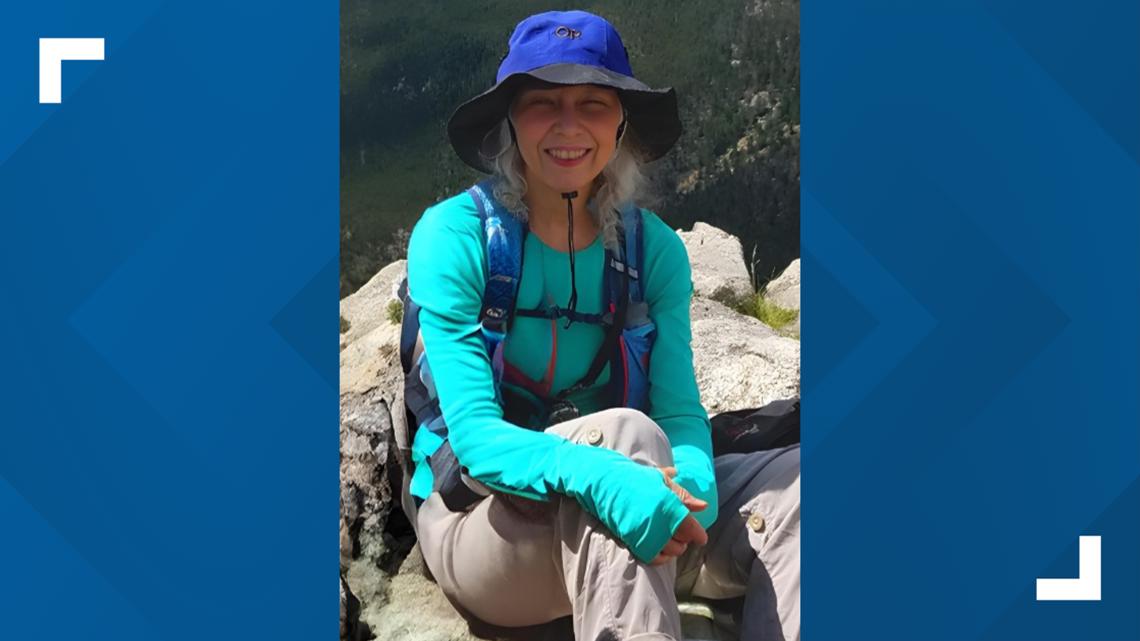
Danielle Leek
Danielle Leek is a lecturer in the Master's in Communication program at John Hopkins University. She also works as a communications consultant for businesses, nonprofits, colleges and universities.
Leek's areas of expertise are civic agency, civic education and political communication.

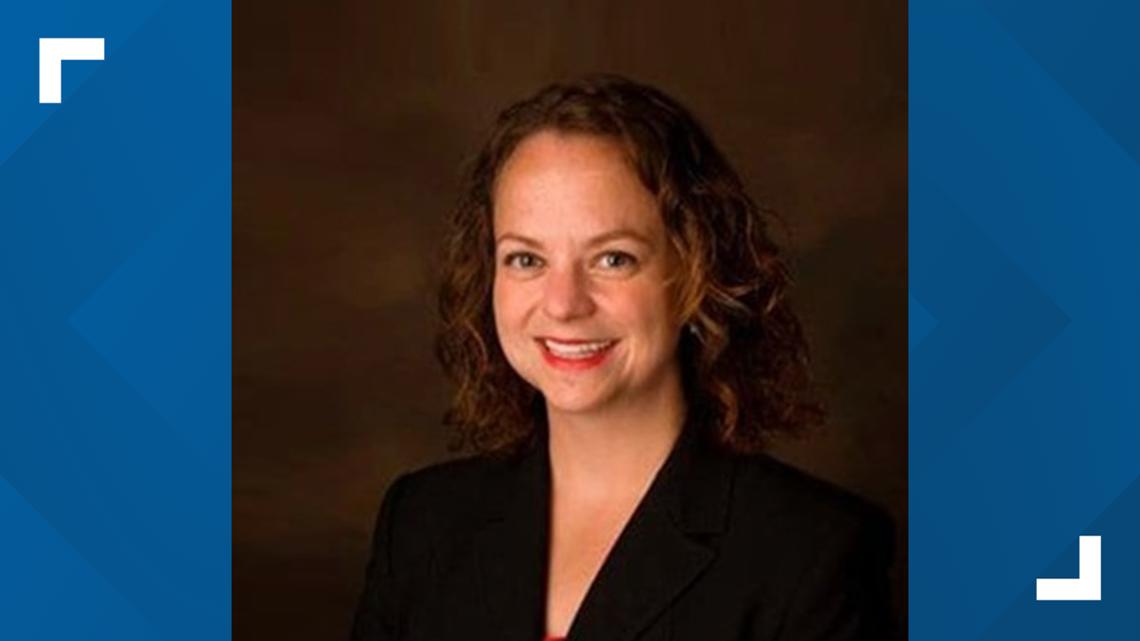
Doug Koopman
Doug Koopman, Ph.D., is a professor emeritus of political science at Calvin University and senior fellow at its Paul B. Henry Institute for the Study of Christianity and Politics.
Koopman specializes in American national political institutions, practical politics and religion in American politics. Prior to his academic career, Koopman spent 15 years serving as a staff person in various offices in the U.S. Congress.
He has written and edited a variety of articles and books on American politics and how it connects to religion.

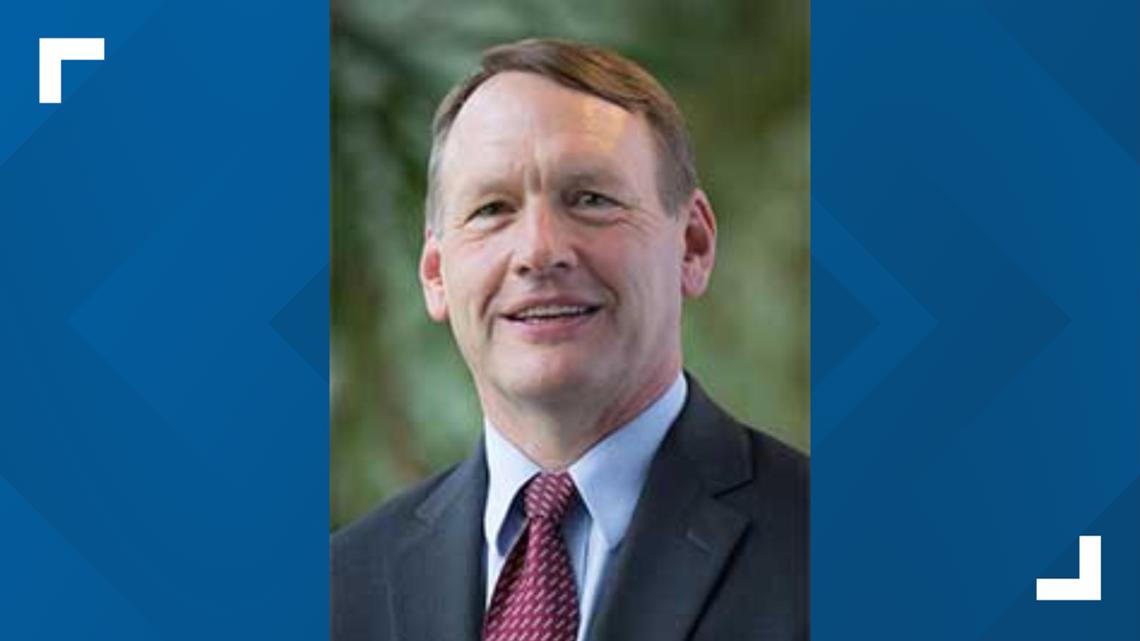
John Truscott
John Truscott is the CEO of Truscott Rossman, a Michigan-based public relations agency. Truscott previously served as the Director of Communications and Press Secretary for Michigan Gov. John Engler.
He has also spoken at a variety of conferences and shared his expertise with political figures around the world.
With this background, Truscott has experience communicating both with the public and with elected officials.


Meghan Wilson
Meghan Wilson is an assistant professor of American politics and public policy at Michigan State University. She previously served as a Research Fellow for the Race and Capitalism Project at University of Chicago.
Her area of expertise is the intersection of public policy, urban development and race, analyzing how public institutions imagine themselves in the future.

